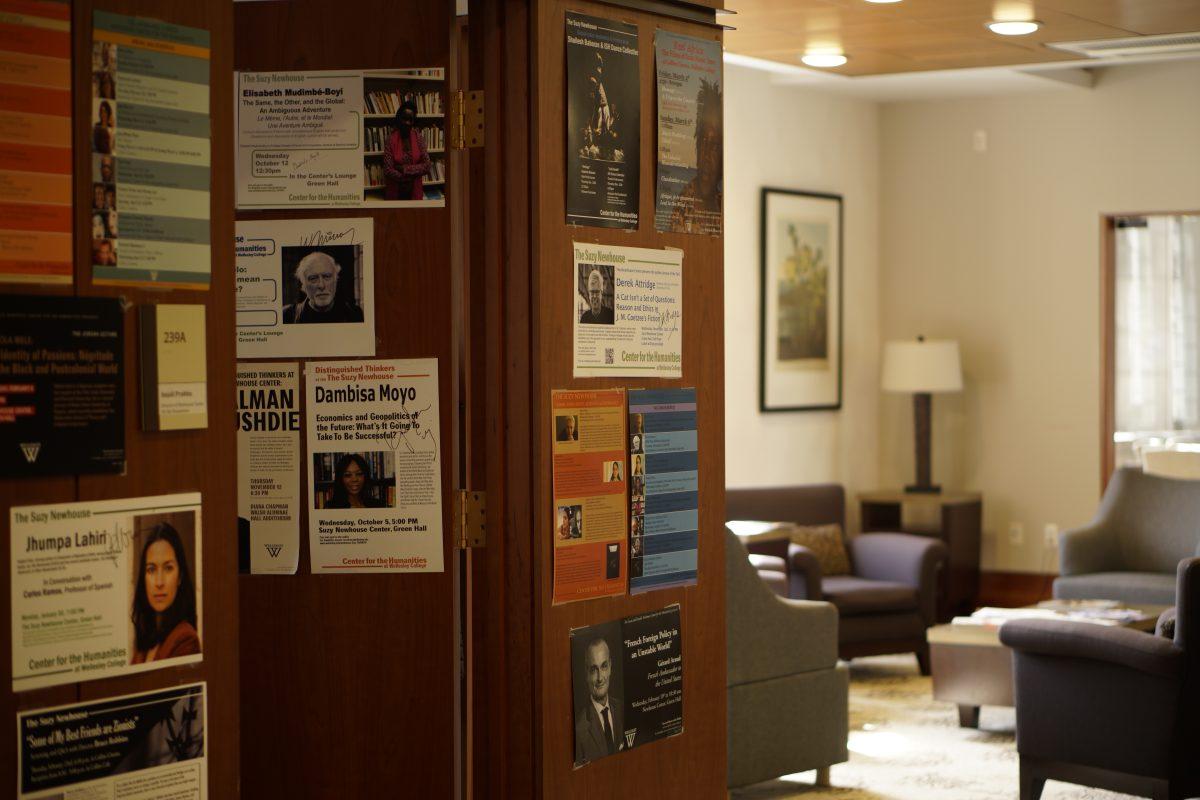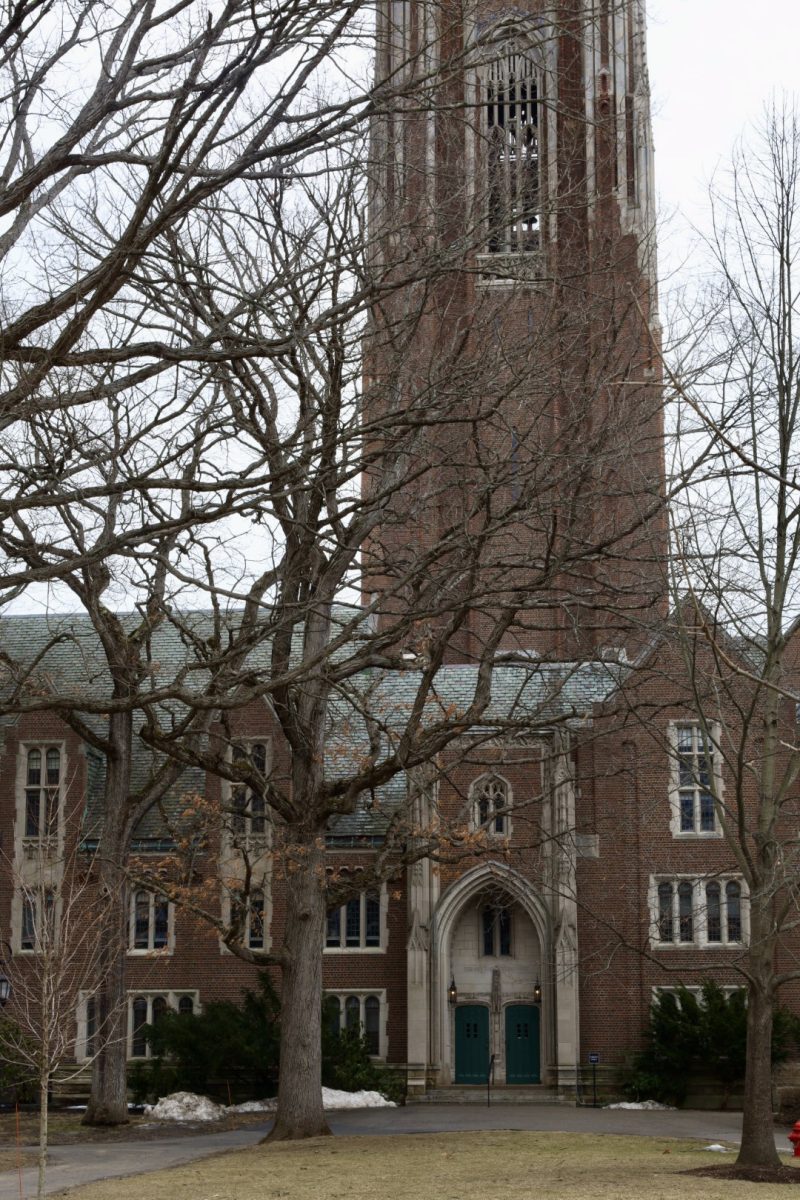Over President’s Day weekend, posters advertising the Newhouse Center film screening and director talkback of “Some of My Best Friends are Zionists” were vandalized across campus. Posters with the event’s information were defaced or torn down all over campus, and the director’s display inside the Center was disturbed as well. Directed by Bruce Robbins, the Old Dominion Foundation Professor in the Humanities and Professor of English and Comparative Literature at Columbia University, the film focuses on the views of Israel held by notable Jewish-American artists and intellectuals, including Tony Kushner, Judith Butler, James Schamus and Gary Shteyngart.
This is not the first time that the Center has featured a controversial speaker. In the fall of 2015, the Center invited British-Indian author Salman Rushdie, whose novel “The Satanic Verses” sparked anger and accusations of blasphemy among the Muslim population. However, Prabhu explained that the Center does not invite these presenters because of their controversial nature, but rather to encourage productive discussion.
“The Newhouse Center is about conversation and… seeks out creativity and different types of intelligence; but it doesn’t actively look for controversial topics,” she said.
Prabhu maintained that in order to move forward, students must “seek out situations that might be somewhat unnerving because they cannot grasp, at once, the direction or the position being presented or adopted.”
Due to the gravitas of this incident, many parties on campus have issued statements to the entire College, including The Newhouse Center, Wellesley Jewish Voice for Peace, Wellesley Students for Justice in Palestine, Rabbi Audrey Berkman and President Johnson. In a statement, Prabhu said that the Newhouse Center is “not afraid to explore ideas of various kinds.”
In a joint statement from Wellesley Jewish Voice for Peace and Wellesley Students for Justice in Palestine, the organizations expressed their disappointment in the anonymous act “because the content of the film and lecture is primarily focused on the process of how Jewish Americans developed their personal opinions, rather than promoting a particular viewpoint about Israel/Palestine.”
Likewise, President Johnson encouraged the Wellesley community to engage in “meaningful conversation and debate, including—perhaps especially—[…] with those whose views differ from our own.”
In her email, Rabbi Berkman declared that “this act of destruction and defacement is entirely unacceptable and contrary to our values as a campus community. […] As our campus community as a whole should manifest the values of tolerance, intellectual curiosity, and civil discourse, so too we as a Jewish community stand for respectful dialogue, including (and most importantly) dialogue about issues that engage our hearts, minds, and souls most deeply.”
The Hillel community declined to comment because they were not directly involved in the event and did not wish for their religious community to be conflated with politics.
While it is currently unknown who is responsible for the defacement of the posters, President Johnson reminded the College that “For our students, such actions would be viewed as a violation of the Honor Code. For other members of the community, the acts are equally as serious in nature.” The event was still held, as scheduled, on Thursday, Feb. 23.
In the current political climate, the number of crimes based on racial, religious and other controversies have been on the rise. While Wellesley prides itself on its diversity and inclusive nature, it is apparently not immune from these types of incidents. Even so, as President Johnson said, “in today’s world, it is more important than ever to uphold our values and be civil in all our interactions.” This reminds the College that “For our students, such actions would be viewed as a violation of the Honor Code. For other members of the community, the acts are equally as serious in nature.”






